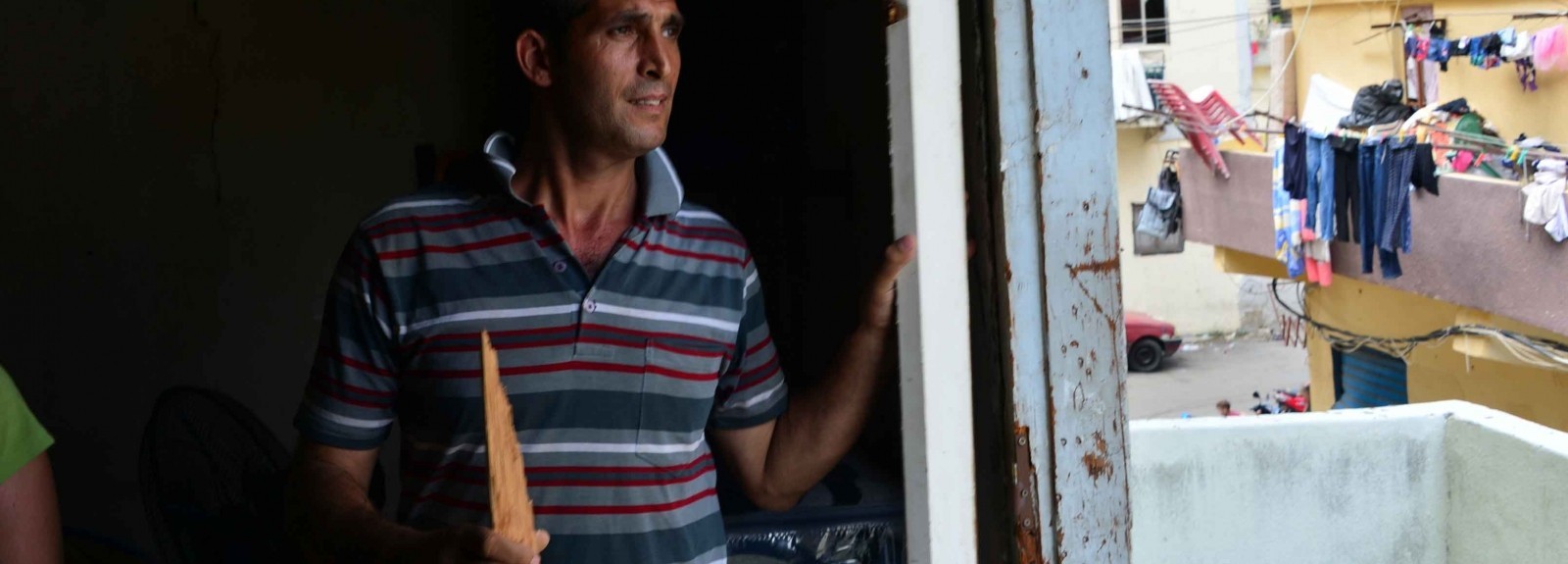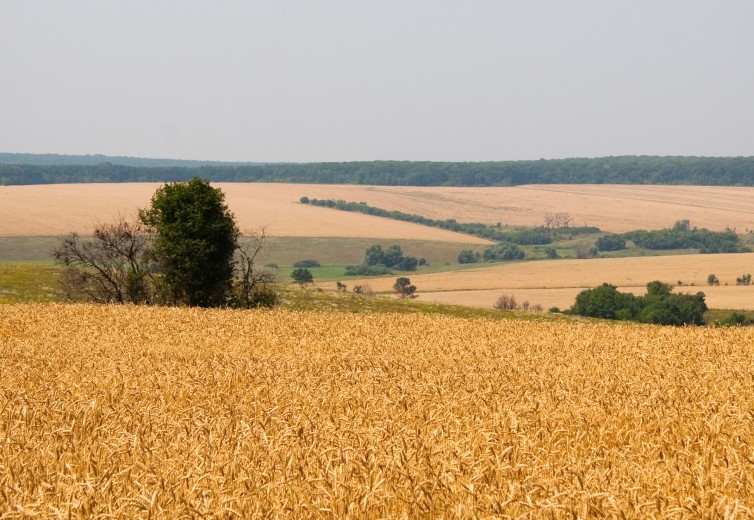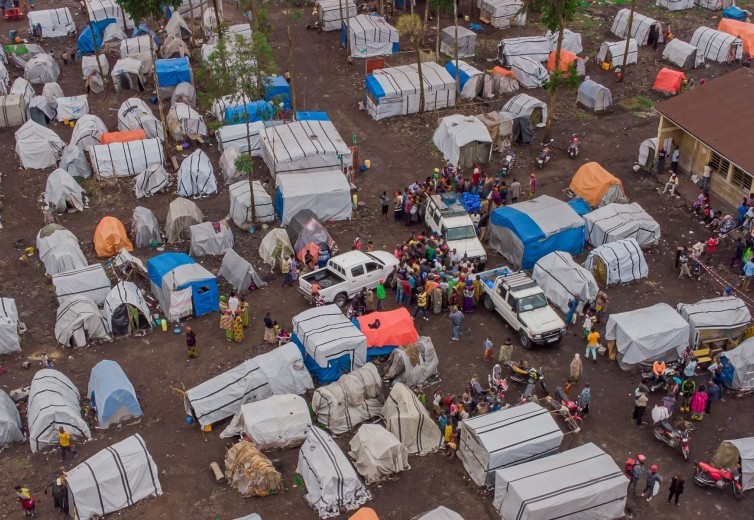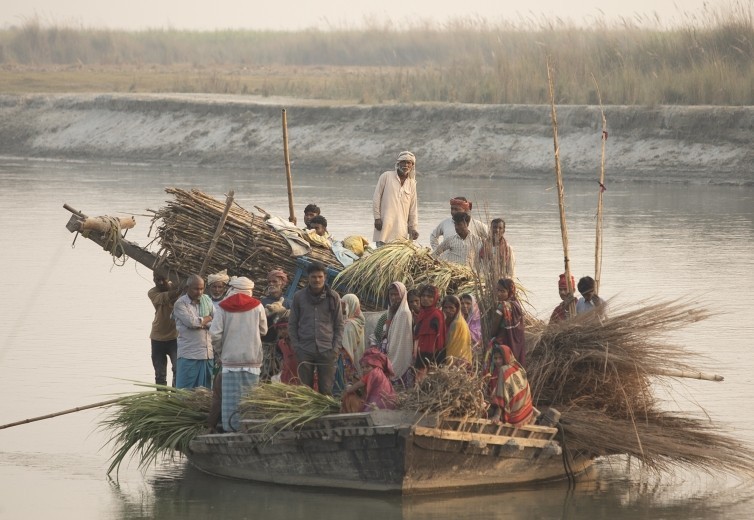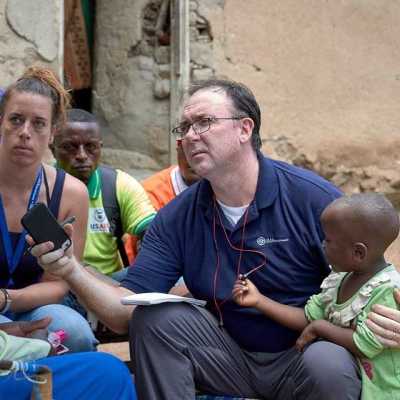Khayrallah Warde wasn’t home when the blast shook Beirut - but his heart was. His kids were going about a normal day at home when the blast shook the family’s flat.
"The kids are okay," he says with relief, the splinters of what was the door in his hands. "They were in the kitchen when the blast blew the doors off."
Warde, 40, rushed home as quickly as he could, finding his neighborhood in pandemonium.
"Everyone was panicking and running around hurt," he said. "There was smoke everywhere. It was a very sad day."
The blast hit his neighborhood of Karantina especially hard. The community of bare-concrete flats sits adjacent to the seaport where 2,750 metric tons of ammonium nitrate exploded Aug. 4, killing more than 165 people, injuring thousands more and forcing 300,000 from their homes.
The explosion knocked balconies down, flattened cars, and blew in windows and doors across a cone-shaped area extending more than 1 mile inland. One of the largest non-nuclear explosions ever recorded, the shockwave was felt hundreds of miles away.
Yet so is your love.
Disaster beyond the blast
The spectacle of the blast and its destruction is only part of Lebanon’s heartache. The country’s currency devalued into a free-fall when a government attempt to strengthen it against the U.S. dollar failed. The move forced banks to close, ignited record inflation and shuttered so many businesses that half of all Lebanese are unemployed.
Warde, an unemployed construction worker, says he cannot afford to replace the doors and windows blown out by the blast. "I would if I could," he says, as a slight breeze sweeps through the flat’s gaping façade.
Warde’s family is not alone. The economic and political shifts mean Lebanon has been importing most of its food. Even though the blast leveled the country's grain silos, food availability isn't expected to become scarce. It is the rising cost of food that will make people hungry.
The World Food Programme estimates food prices in Lebanon& have tripled over the last year, right as 3 out of every 4 households reported some kind of income loss – a pay cut, a job loss – because of the economic crisis. That means many here have been relying on savings or what little income there has been to pay for living expenses like rent and, of course, food.
"There are people in this crisis who will have to choose between fixing damage so they can return home, and having food to eat every day," Carrie Taneyhill said. Taneyhill is in Beirut to survey the damage as Lutheran World Relief’s director of humanitarian assistance. "And that’s for an average family. The most vulnerable families, the poorest, the elderly, are going to have a really hard time."
Destruction beyond measure
Shattered glass paves the streets along the blast zone’s rim. Piles of debris stand guard in front of every apartment building. A closer look reveals the detritus of people’s lives: a broken toy. Ripped furniture. An occasional family photo.
The explosion ripped concrete balconies off old apartment buildings with the ease of pulling a tab off a can. Falling balconies and walls flattened cars and piled rubble on cobblestone streets, where families are searching for food.
That’s where your love reaches neighbors in need. Your caring gifts are at work in the hardest hit neighborhoods, providing emergency hot meals and other critical items families need to survive the disaster's aftermath.
'We need help'
On Gemmayzeh Street, banners occasionally flutter above the rubble, emblazoned with words of resilience: WE ARE STAYING, in English and Arabic.
The resilience is clear in how neighbors are helping neighbors. One man stood on a staircase handing out sandwiches at lunchtime. Another neighborhood group handed out bottled water in the hot sun, while still others offer free wound care for the injured.
Though hope appears in bright spots, the trials are far from over.
"We need help," Khayrallah Warde said. "Anything you can do to help us is appreciated."
The people of Lebanon may have less food to eat, and less cash with which to live daily life. But it is clear they have strength to face the challenges ahead, as neighbor helps neighbor – near and far.
You can help
The need is overwhelming, and our team in Lebanon is ready to respond. Your gift today will help immediately to deliver critical items such as food, shelter and more to survivors of this crisis.
